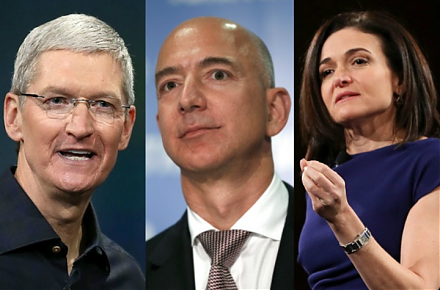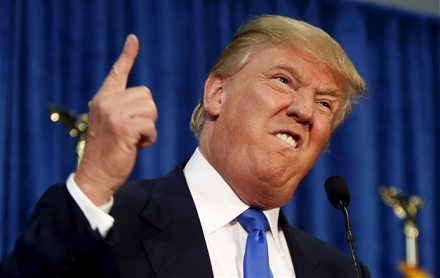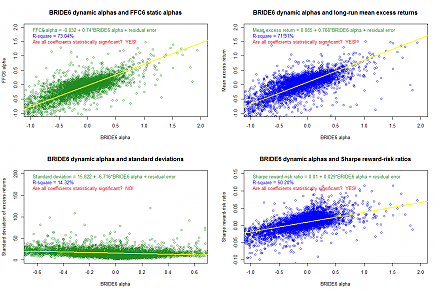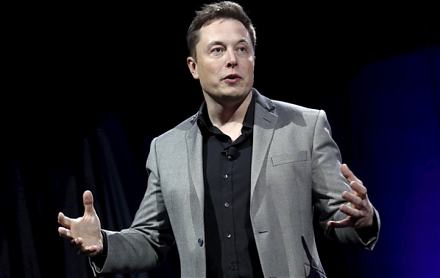

2018-11-23 09:39:00 Fri ET
technology antitrust competition bilateral trade free trade fair trade trade agreement trade surplus trade deficit multilateralism neoliberalism world trade organization regulation public utility current account compliance
Former White House chief economic advisor Gary Cohn points out that there is no instant cure for the Sino-U.S. trade dilemma. After the U.S. midterm elections, the major trade issues remain on the radar (as Republicans secure a stronger majority in Senate and Democrats flip the House of Representatives).
First, the U.S. bilateral trade deficit with China is about $300 billion, and President Trump seems to be uncomfortable with the key fact that this trade deficit is so large. Cohn disagrees with the presidential view because he alternatively views this trade deficit as $300 billion worth of goods that America can purchase from China in a cost-effective way. However, Cohn suggests that the Chinese administration can readily resolve this issue by buying more American goods to better balance Sino-U.S. trade.
Second, the more pertinent issue is the historically unfair situation that China often forces technology transfer when U.S. tech corporations enter the mainland market. Chinese regulations require foreign tech companies to build onshore data centers and IT research labs so that Sino-American technology transfer takes place. China thus fails to pay for foreign intellectual properties such as patents, trademarks, and copyrights etc. This core issue persists at the heart of the current Sino-U.S. trade impasse.
If any of our AYA Analytica financial health memos (FHM), blog posts, ebooks, newsletters, and notifications etc, or any other form of online content curation, involves potential copyright concerns, please feel free to contact us at service@ayafintech.network so that we can remove relevant content in response to any such request within a reasonable time frame.
2019-08-18 11:33:00 Sunday ET

House Judiciary Committee summons senior executive reps of the tech titans to assess online platforms and their market power. These companies are Facebook,
2019-09-17 08:33:00 Tuesday ET

Global stock market investors foresee the harbinger of a major economic downturn. Many stock market investors become anxious due to negative term spreads an
2020-02-19 14:35:00 Wednesday ET

The U.S. bank oligarchy has become bigger, more profitable, and more resistant to public regulation after the global financial crisis. Simon Johnson and
2016-11-08 00:00:00 Tuesday ET

Donald Trump defies the odds to become the new U.S. president. He wants to make America great again. He seeks to repeal Obamacare. He has zero tole
2023-01-03 09:34:00 Tuesday ET

USPTO fintech patent protection and accreditation As of early-January 2023, the U.S. Patent and Trademark Office (USPTO) has approved
2018-09-29 12:39:00 Saturday ET

The Securities and Exchange Commission (S.E.C.) sues Elon Musk for his August 2018 tweet that he has secured external finance to convert Tesla into a privat